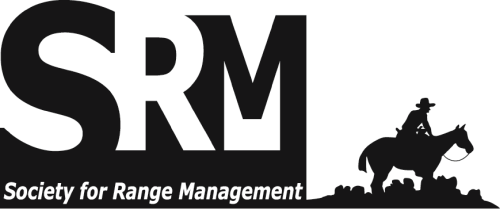Fire Regime Condition Class (FRCC) assessments have been widely used for evaluating ecosystem status in many areas of the U.S. Since inception in the late 1990's, the method has been applied in multi-scale assessments in many facets of natural resource planning. We used state-and-transition modeling to describe historical vegetation and fire regimes, which provided reference information related to landscape fire frequency, severity, and vegetation seral stage proportions. To promote methodological consistency, we then developed a quantitative method based upon similarity indexing to compare historical versus current vegetation and fire regimes. This technique allows field and GIS users to consistently assess FRCC for fire management plans and related planning efforts. Current applications of FRCC data include project design, risk assessments, treatment prioritization, fire use decisions, and evaluation of ecosystem sustainability. Although FRCC does not represent a stand-alone risk or allocation tool, such assessments provide a consistent landscape metric that can compliment other measures of ecological health and fire regime departure. In the workshop, the instructors will present an overview of the Fire Regime Condition Class concepts and methods, engage students in hands on exercises, and illustrate FRCC with the most recent version of the FRCC Mapping Tool. Workshop goals are to: 1) educate the audience about state-of-the-art FRCC assessments, 2) generate questions and discussions about FRCC, and 3) stimulate the audience to pursue FRCC user certification at a later date, 4) Gain hands on experience with the FRCC Mapping Tool in GIS (computers will be provided).

Oral presentation and poster titles, abstracts, and authors from the Society for Range Management (SRM) Annual Meetings and Tradeshows, from 2013 forward.